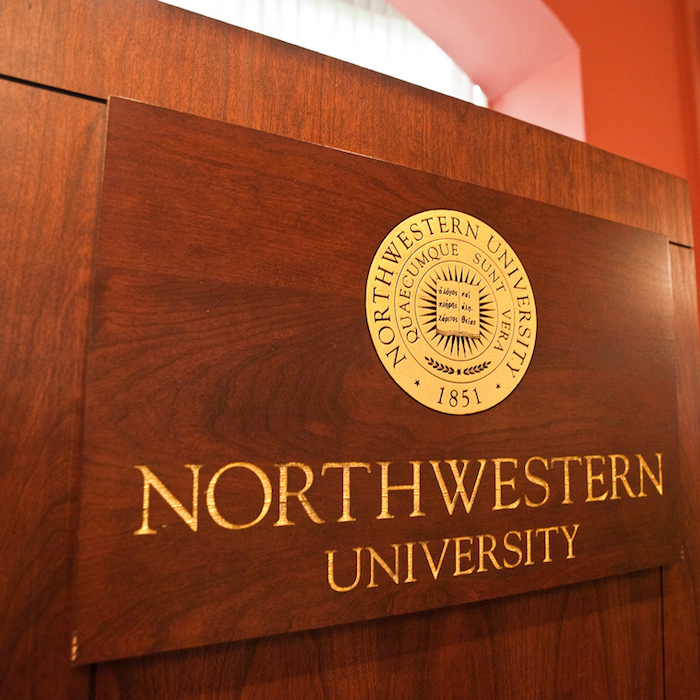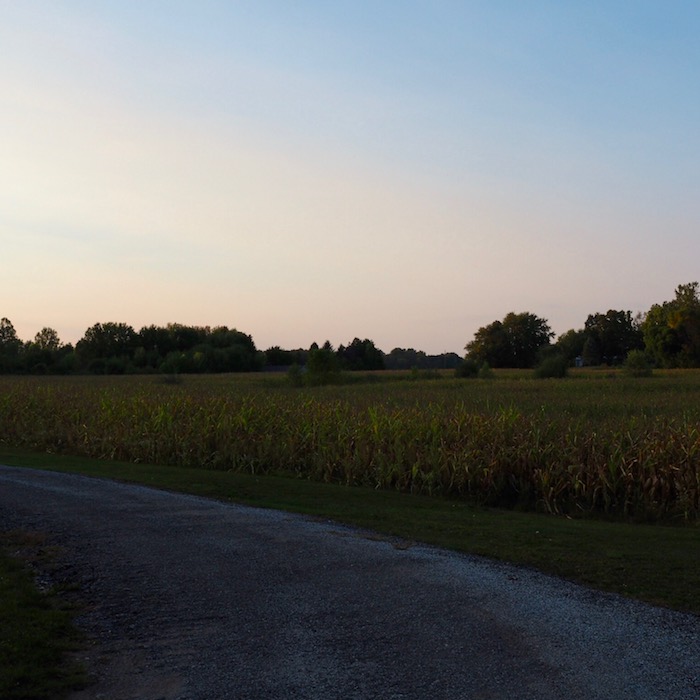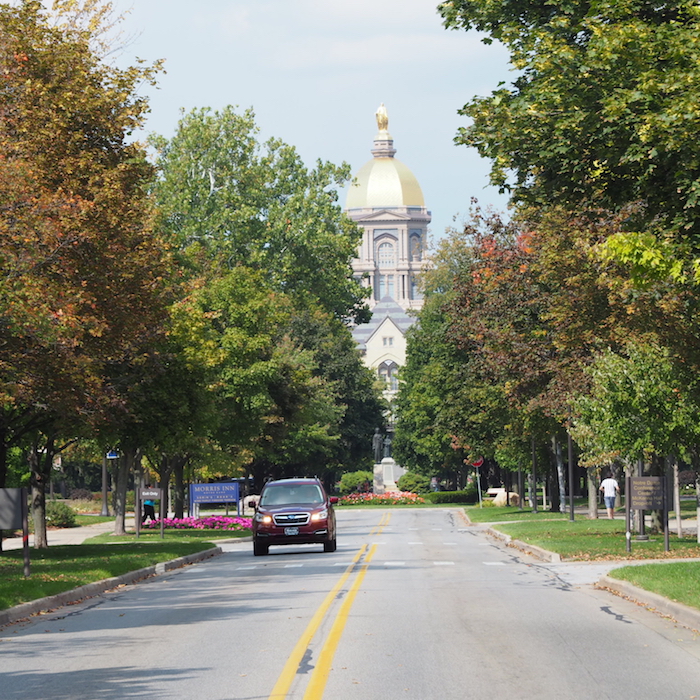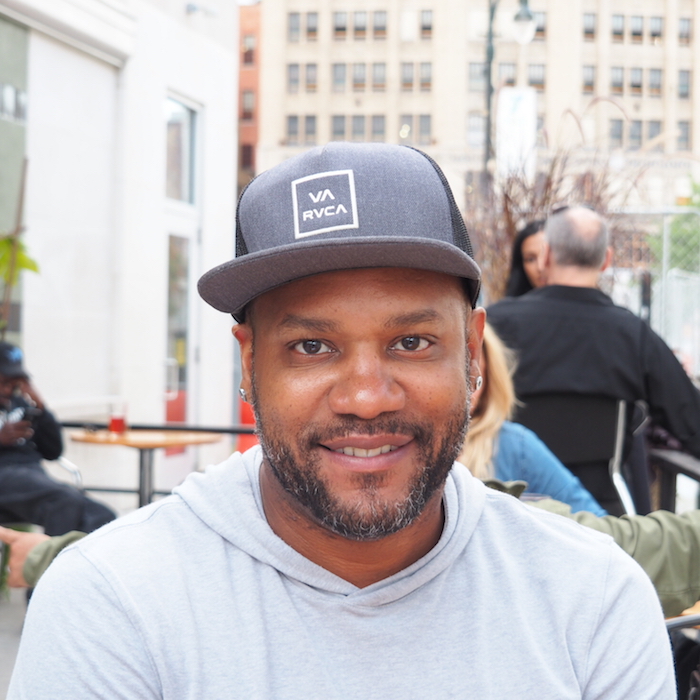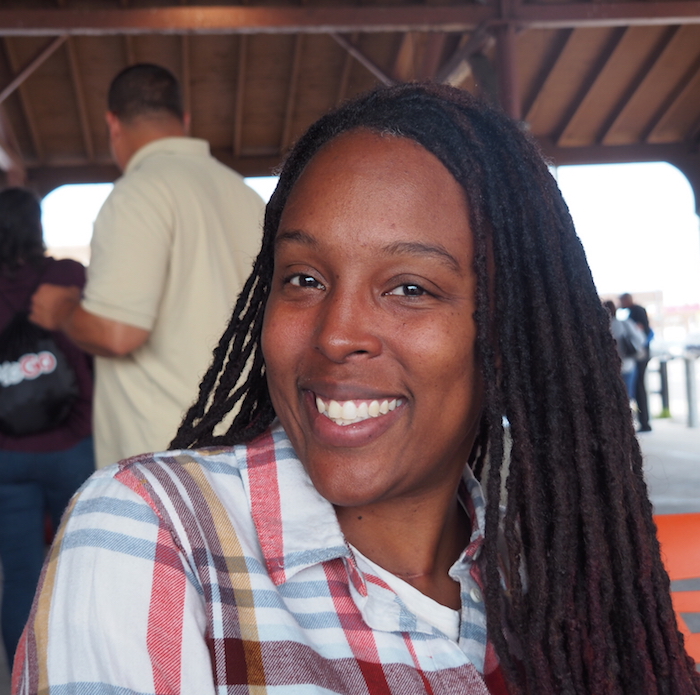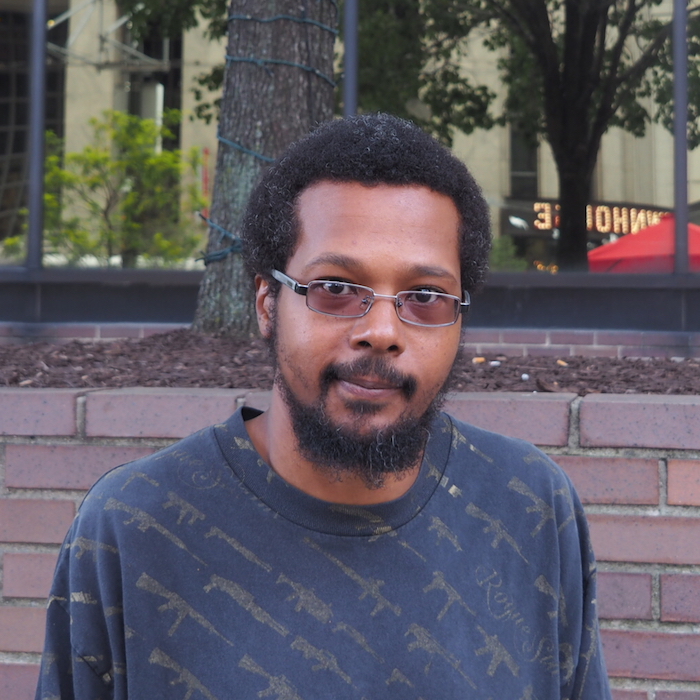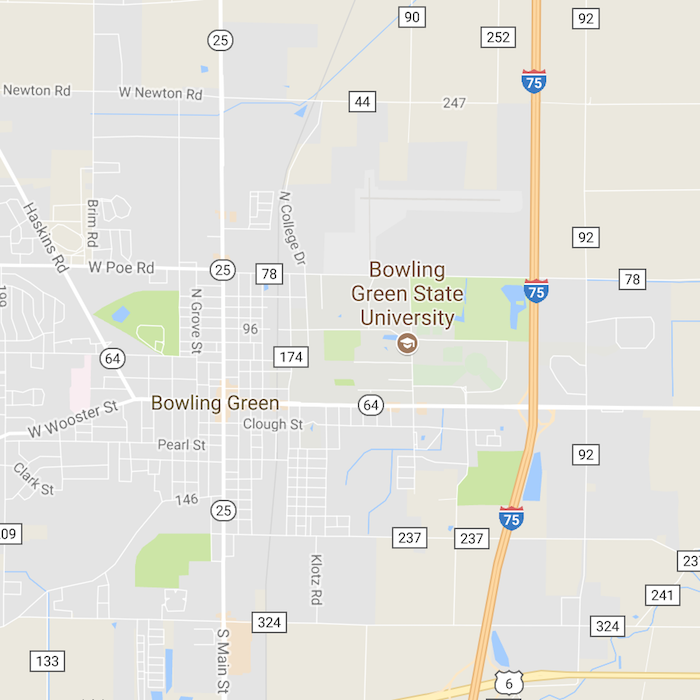Matthew is a senior at the University of Chicago, where he is the President of the College Republicans. A political science major, he’s passionate about the need for all of us to challenge ourselves to learn more about the other side. It’s worth noting that the other member of the College Republicans I spoke with said he thought Matt is the best citizen he knows, because Matthew genuinely and generously engages with people who disagree with him everyday.
He’s already politically engaged:
I’m one of the Ward Committee Men in Chicago. I’ve done a lot of civically engaged things, in terms of working with the Fifth Ward community to help improve trash collection and guaranteeing that there’s a good election system. Before I was elected, there weren’t Republican ballot judge at the primaries, and so I worked to make sure that for the general election that every polling place had an election judge that was not a Democrat. At Ward meetings, each committee man represents the votes of the number of people who voted for him, so I take my decisions very seriously when representing the people who elected me.
Why he disagrees with safe spaces:
Dean Ellison, of University of Chicago, said he doesn’t support intellectual safe spaces. That’s something that people who disagreed with the university didn’t talk about. I agree with the Dean. I oppose safe spaces like the one at Brown University when a speaker came to campus, and the campus set up a safe space with play dough, coloring books, and videos of frolicking puppies. Those kinds of safe spaces treat college students like we’re completely inept and can’t hear anything that challenges our world view.
That’s not what the University of Chicago is about. That’s not what any university should be about. Just a few days ago, Ben Shapiro spoke at Berkeley, and the university offered counseling services to students who didn’t even attend the event, students who were just disturbed by his presence on campus. The problem with that is if we treat every speaker as a trauma, it undermines our ability to help people with mental health challenges.
If you don’t like a speaker, don’t go to it. Or go challenge it. But the response should not be to go to coloring books. Continue reading Free Speech, Safe Spaces, and National Pride

